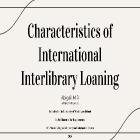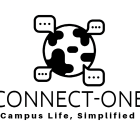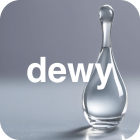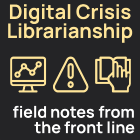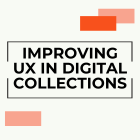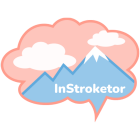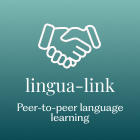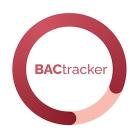
BACtracker
Adolescent alcohol use poses serious health risks, often due to poor awareness of safe drinking practices. BACtracker targets this challenge with a web application designed for young adults, which tracks Blood Alcohol Content (BAC) and integrates educational tools to foster informed choices about alcohol consumption. Features include a self-care guide, resources on hazardous alcohol combinations, an emergency contact system, and an emotional tracker to correlate feelings with intake levels. This innovative approach not only educates users but also actively contributes to reducing alcohol-related incidents, enhancing safety and public health for young adults.

